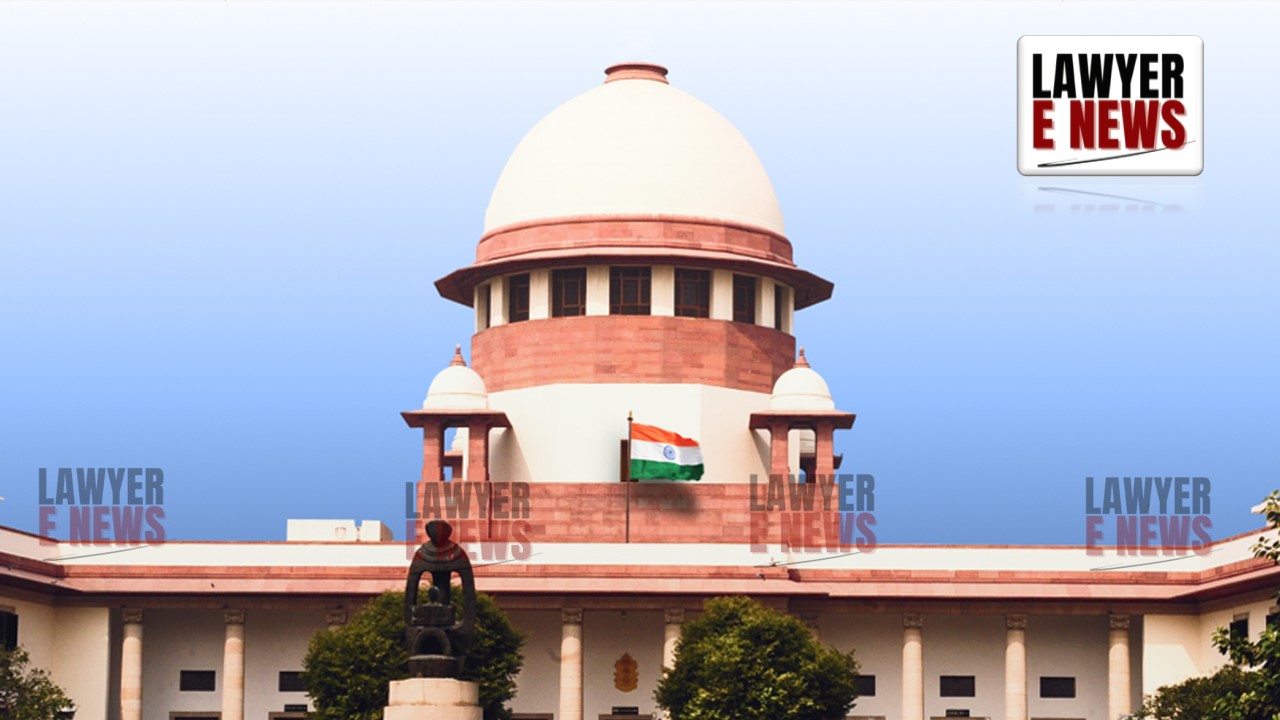-
by Admin
15 February 2026 5:35 AM



Supreme Court of India dismissed a writ petition filed by Virender Singh and others, seeking premature release on the basis of completing 14 years of imprisonment. The petition was dismissed after the Court discovered false claims regarding the completion of sentences by two petitioners. While no relief was granted to petitioners No. 2 and No. 4, the State was directed to consider the case of petitioner No. 3 in line with the applicable remission policies.
Virender Singh and three other petitioners filed a writ petition under Article 226 of the Constitution, claiming they had completed more than 14 years of actual imprisonment without remission and were thus entitled to premature release. However, the State's counter-affidavit revealed that petitioners No. 2 and No. 4 had not served 14 years of imprisonment as claimed, leading the Court to find that false statements were made in both the petition and correspondence with Jail Authorities.
The key issue was the false assertion that all petitioners had completed 14 years of actual imprisonment, both in the writ petition and an email dated July 15, 2024. This misrepresentation was significant because the Court had previously granted interim relief based on these claims. The Court expressed concern about the increasing number of cases where false information was submitted, which undermines the judicial system's efficiency and trust in the legal process.
While the Court recognized that exemplary costs could be imposed for making false statements, it refrained from penalizing the petitioners themselves. Instead, the Court emphasized that the legal representatives bore the responsibility for ensuring the accuracy of the facts presented, stating that trust between the Court and the Bar is critical to the functioning of the judicial system.
The Supreme Court, led by Justices Abhay S. Oka and Augustine George Masih, found that the petitioners had made false claims about completing their sentences, which influenced the Court’s interim order. The Court stated:
"When we come across cases like this, our faith is shaken... False statements were not only made in the writ petition but were repeated in an email dated July 15, 2024." [Para 7]
Given the misrepresentations, the Court dismissed the writ petition without granting relief to petitioners No. 2 and No. 4. However, the Court allowed petitioner No. 1 to challenge a related order in the High Court and directed the State to consider the case of petitioner No. 3 under applicable policies.
The Supreme Court dismissed the writ petition on the grounds of false statements regarding the petitioners' imprisonment period. While petitioner No. 1 was allowed to pursue relief through other legal avenues, and petitioner No. 3's case was to be considered under remission policies, petitioners No. 2 and No. 4 were denied any relief. The Court's ruling highlighted the importance of honesty in legal proceedings and the consequences of misrepresentation.
Date of Decision: September 10, 2024
Virender Singh & Ors. v. State (Govt. of NCT of Delhi)
